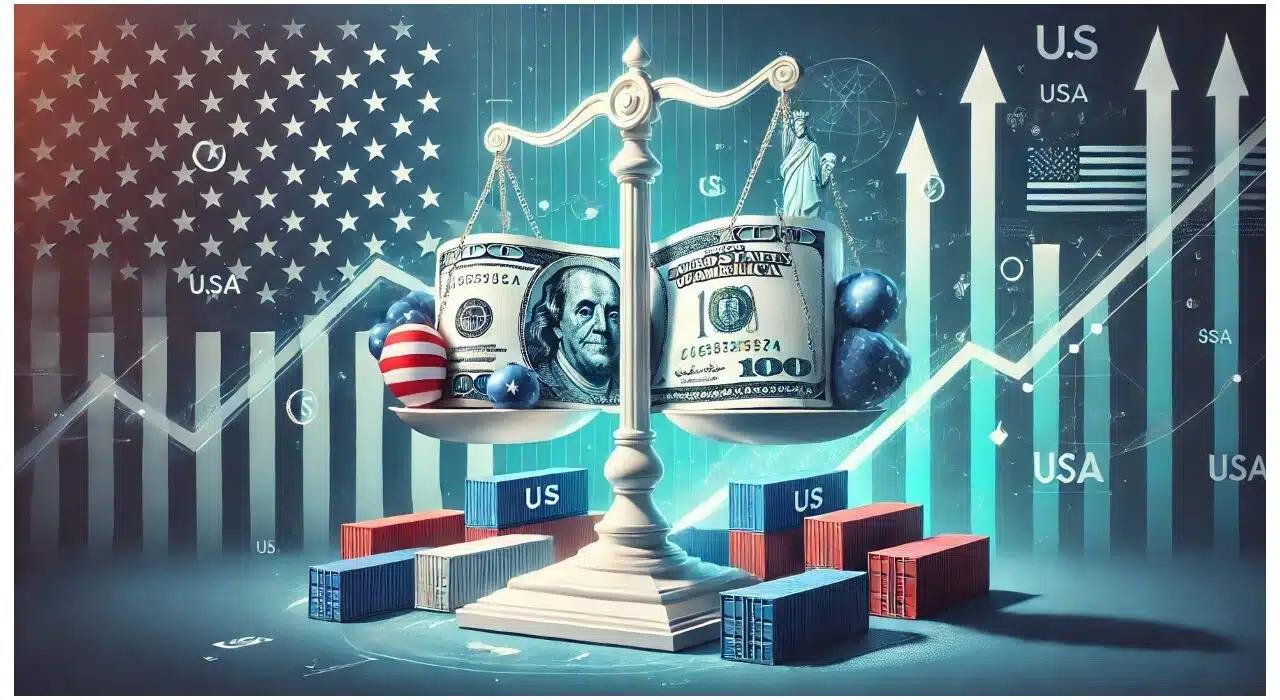Former US President Donald Trump recently proposed the “External Revenue Service,” a plan to significantly change the US trade policy. Most notably, Shenoy flagged some risks associated with the policy: vast implications for the economy at large. Who is Deepak Shenoy, and why does his analysis matter in this?
January 15, Trump announced on X (formerly Twitter) that he wishes to establish a new system for collecting tariffs and other charges imposed on foreign trade partners. According to him, this will make them “pay their fair share,” instead of relying on domestic taxation, which is being done through the Internal Revenue Service (IRS).
“January 20, 2025, will be the birth date of the External Revenue Service. MAKE AMERICA GREAT AGAIN!” Trump wrote, placing this move in a cornerstone position within his campaign for overhauling trade policy.
External Revenue Service Strategy to Optimize US Trade Policy
According to influential financial expert Shenoy, such a policy would shock long-standing global trade dynamics. Shenoy went on to clarify that the present system allows the world to trade goods with the US in exchange for dollars, which are reinvested into US government debt. As Shenoy observed, such an arrangement permits US banks to extend significant credit to domestic consumers, thereby propping up the American economy.
Altering this balance, he warned, could diminish the global demand for dollars and U.S. debt; it could also turn into a self-reinforcing cycle that drives up borrowing costs and reduces America’s financial flexibility. “Change that equation, and the dollar will be less useful, America will pay more, and debt will be a problem,” Shenoy said.
This can have implications even beyond the US economy. “The retaliatory measures from other trade partners may further strain the global economic ties,” Shenoy said. This is at a time when the US is already facing rising interest rates and increased debt. It could amplify already existing vulnerabilities.
Trump’s plan is a huge shift in fiscal philosophy, one that seeks to shift the tax burden from American citizens to foreign trade partners. Whether this vision is viable or disruptive remains a hot topic of debate in economic and political circles.
Also, see: Rajinikanth and Nelson Reunite for ‘Jailer 2’: A Sequel to the 2023 Blockbuster
